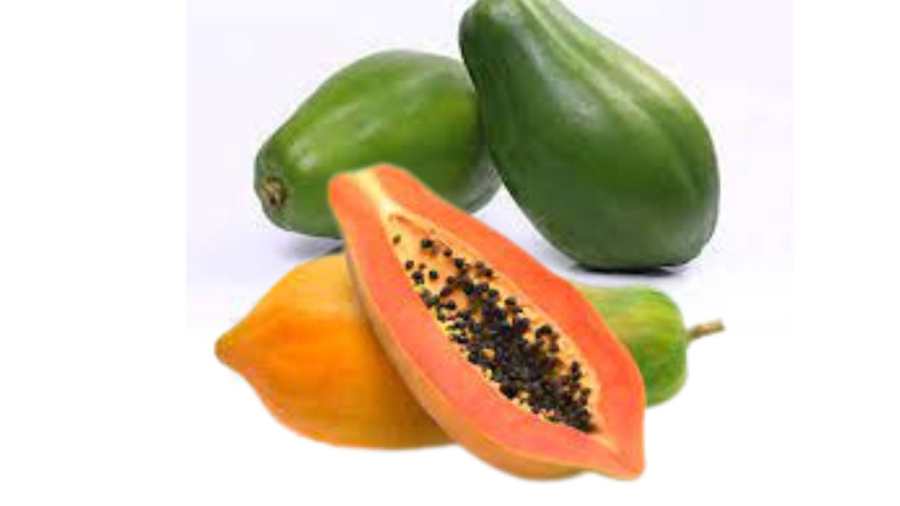Papaya is a common and inexpensive fruit in Vietnam. In 100g of ripe papaya, there are usually 74-80mg of vitamin C and 500-1,250 IU of carotenoids. Papaya also contains vitamins B1, B2, various digestive enzymes, and minerals such as potassium, calcium, magnesium, iron, and zinc. One of its special components is lycopene, a powerful antioxidant that helps neutralize free radicals. Papaya also contains papain, an enzyme that aids in digestion, especially protein digestion.

Eating papaya regularly can help boost your immune system, fight against viruses and bacteria that cause diseases. The antioxidant components help neutralize free radicals, slow down aging, and promote overall health, beautiful skin, and youthfulness.
Papaya’s lycopene content can reduce the risk of cancer and slow down its progression. Therefore, people with cancer symptoms who want to prevent the disease should actively include ripe papaya in their daily meals.
The combination of lycopene and vitamin C in papaya helps improve cardiovascular health, protect the heart, reduce the formation of blood clots, and prevent arterial plaque buildup.
Vitamin C and lycopene in papaya can reduce signs of aging, promote bright and youthful-looking skin. Research has also shown that lycopene in papaya can help reduce skin damage from sun exposure.
Papaya contains papain enzyme that aids in easier digestion, helps treat constipation, and prevents bloating and indigestion.

People who are healthy without serious medical conditions can enjoy ripe papaya daily for about 200g to enhance their health, supplement their nutrition and energy.
Women who want to maintain their beauty can benefit from consuming papaya for its anti-aging properties and support for weight loss.
People who frequently experience constipation or difficulty in digestion can actively consume papaya to help address these issues.

People to avoid papaya:
Pregnant women: During the preparation and pregnancy stages, women should avoid consuming unripe papaya, as papaya latex is not good for fertility.
People with gastrointestinal diseases: Although the enzymes in papaya are good for digestion, those with gastrointestinal disorders may experience pain and discomfort when consuming large amounts of papaya.
Respiratory patients: The enzymes in papaya can affect the respiratory system and cause respiratory disturbances. Therefore, people with respiratory diseases such as pneumonia and asthma should limit their consumption of papaya.

































